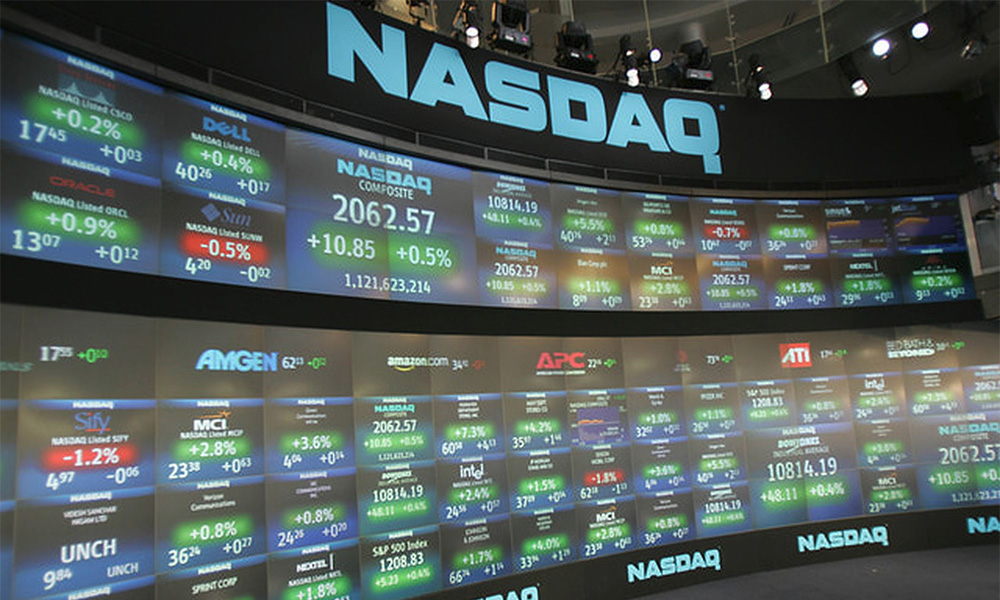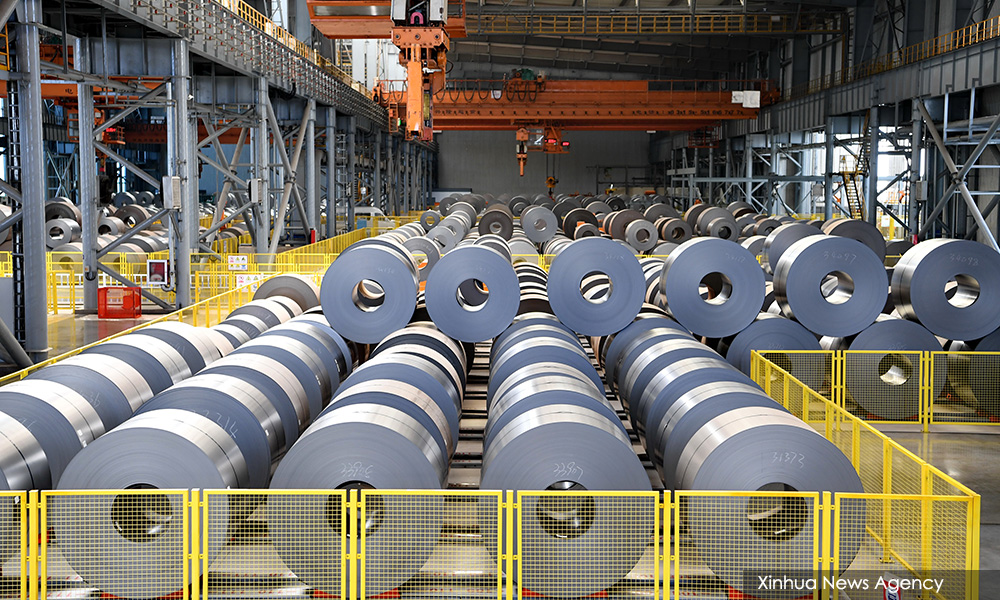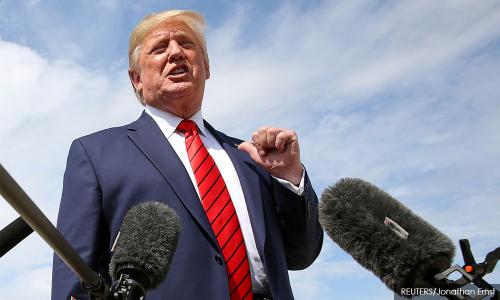Chinese companies rethink US IPOs after Trump's delisting threat
Bestbond, a Chinese apartment rental company, had been planning on a Nasdaq flotation in one to two years, but as US-China trade tensions ratcheted higher, the Hong Kong stock exchange emerged as a possible candidate. Now, it's firmly on the table.
"We're having second thoughts," CFO Wang Jia told Reuters, adding that Hong Kong, despite being beset with political unrest, had become more attractive after news emerged on Friday that US President Donald Trump's administration was looking at delisting Chinese companies from US bourses.
Bestbond, based in Nanjing, eastern China, still prefers Nasdaq as it is a higher profile, more liquid market that would likely offer better valuations, but the company cannot afford to have its eggs in just one basket, Wang said.
While a US Treasury official has said Trump's administration was not considering blocking Chinese companies from US listings "at this time", the possibility it may do so has resulted in much handwringing by mainland firms that had been looking at a US IPO.
"Too many calls. Every client is worried," said Terence Lin, CEO of World Financial Holding Group, a boutique investment bank which helps Chinese companies with Nasdaq listings.
Two sources said the US move was part of a broader idea to limit US investment in Chinese firms, while one source has said that it is motivated by security concerns.
Lin believes, however, that Trump's threat would be difficult to implement legally, and is merely a negotiation tactic in the escalating trade war between the world's two biggest economies.
Even if difficult to execute, Trump's threats are bound to hurt Chinese firms already listed in the United States, as well as providing bourses such as the Hong Kong and London stock exchanges with a fresh and lucrative opportunity to woo Chinese firms, industry participants said.
"The political uncertainty could exert pressure on the valuations and the liquidity of US-listed Chinese stocks for a long, long time," said Frederick Shen, partner at Chinese venture capital firm New Vision Capital.
Shen said he's increasingly taking his portfolio tech startups to list on China's newly launched Star Market instead of the Nasdaq.

According to regulatory filings, corporate executives and bankers, Nasdaq Inc is cracking down on IPOs of small Chinese companies by tightening restrictions and slowing down their approval.
A Nasdaq spokeswoman said the bourse provides non-discriminatory and fair access to all eligible companies, but declined to comment on the impact of the listing rule changes for small Chinese companies.
Cornerstone woes
For some firms, Trump's threats have greater implications.
Cornerstone, a Chinese boutique private equity fund manager, had been hoping for an IPO on the New York Stock Exchange in October but now sees an imminent US listing as challenging, according to people familiar with management's thinking.
The Guangzhou, southern China-based asset manager focuses on investing in Chinese firms that have listed or are seeking to list in the United States, making its business model particularly vulnerable to slumps in those valuations.

The Nasdaq Golden Dragon China Index, a gauge that tracks Nasdaq-listed Chinese firms, slumped more than four percent on Friday.
The sources declined to be identified because of the sensitivity of the issue.
Marcum Bernstein & Pinchuk, a firm that advises Chinese companies on their capital markets strategies, said making equity capital raising a new flashpoint in the war between China and the United States benefits nobody.
"Having just returned from a week in China and given the work we do with pre-IPO Chinese companies, it's clear there is a mutual interest among the business community to continue to conduct business," said Drew Bernstein, co-managing partner.
He said China had produced more than 180 of the 300 unicorns worldwide and had generated hundreds of millions of dollars in fees for US bankers and advisors.
"The US offers the most diversified capital in the world and China offers innovative companies and a massive consumer and investor base, to name a few benefits."
- Reuters
RM12.50 / month
- Unlimited access to award-winning journalism
- Comment and share your opinions on all our articles
- Gift interesting stories to your friends
- Tax deductable

